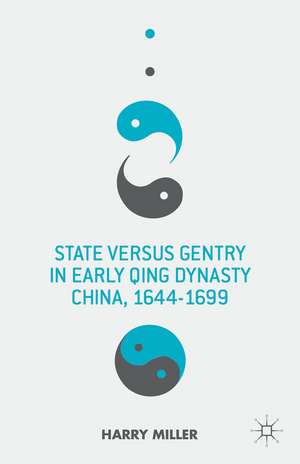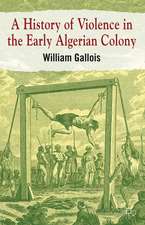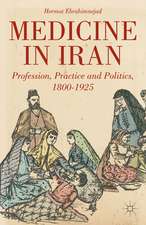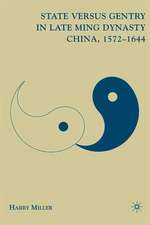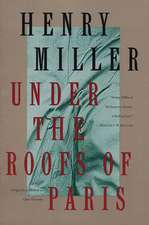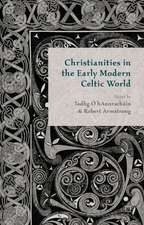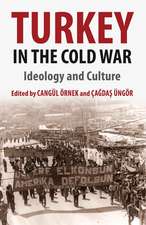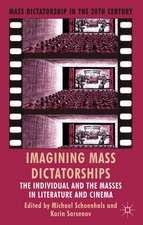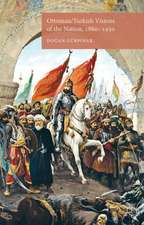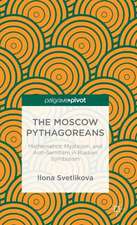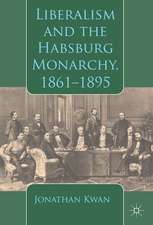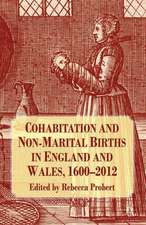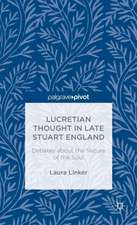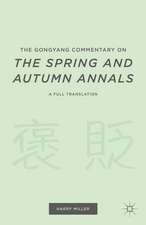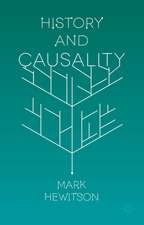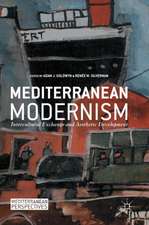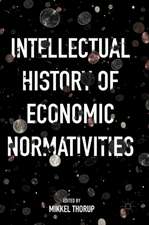State versus Gentry in Early Qing Dynasty China, 1644-1699
Autor H. Milleren Limba Engleză Hardback – 29 iul 2013
| Toate formatele și edițiile | Preț | Express |
|---|---|---|
| Paperback (1) | 380.84 lei 6-8 săpt. | |
| Palgrave Macmillan US – 29 iul 2013 | 380.84 lei 6-8 săpt. | |
| Hardback (1) | 384.86 lei 6-8 săpt. | |
| Palgrave Macmillan US – 29 iul 2013 | 384.86 lei 6-8 săpt. |
Preț: 384.86 lei
Nou
Puncte Express: 577
Preț estimativ în valută:
73.64€ • 80.24$ • 62.05£
73.64€ • 80.24$ • 62.05£
Carte tipărită la comandă
Livrare economică 23 aprilie-07 mai
Preluare comenzi: 021 569.72.76
Specificații
ISBN-13: 9781137334053
ISBN-10: 1137334053
Pagini: 174
Ilustrații: IX, 174 p.
Dimensiuni: 140 x 216 x 15 mm
Greutate: 0.34 kg
Ediția:2013
Editura: Palgrave Macmillan US
Colecția Palgrave Macmillan
Locul publicării:New York, United States
ISBN-10: 1137334053
Pagini: 174
Ilustrații: IX, 174 p.
Dimensiuni: 140 x 216 x 15 mm
Greutate: 0.34 kg
Ediția:2013
Editura: Palgrave Macmillan US
Colecția Palgrave Macmillan
Locul publicării:New York, United States
Cuprins
1. The Dorgon Regency, 1644-1650 2. The Shunzhi Emperor, 1651-1661 3. The Oboi Regency, 1661-1669 4. The Kangxi Emperor, 1669-1699 Epilogue: The Meaning of the Ming-Qing Transition
Recenzii
'In this new book, historian Harry Miller again makes use of the gentry/state conflict paradigm he had developed and utilized so effectively in his first book to explore the way the state-versus-gentry interplay became a factor in the decision-making process of the Qing rulers as the new Manchu rulers began to establish their control of China. As was the case with its predecessor, State versus Gentry in Early Qing Dynasty China, 1644-1699 balances strong narrative and analysis to provide a deeper and more sophisticated awareness of what the dramatic and often painful decades of 'regime change' were like in seventeenth-century China.' - Murray A. Rubinstein, Senior Research Associate, Weatherhead East Asian Institute, Columbia University, USA
'Harry Miller's thought-provoking study extends his investigation of the Ming state gentry conflict over Chinese political sovereignty into the founding years of the Qing from the Dorgon Regency to the mid-Kangxi reign. This beautifully written narrative incorporates translated passages from the writings of key imperial elites and scholar-officials in the midst of this sixty-year power struggle that culminated in the political and symbolic acceptance of the Kangxi Emperor's sagehood. This book is extremely important because it shows that the Ming-Qing transition was a period of great political continuity and synthesis, not one of conflict, violence, and ethnic divide alone. It also shows that the scholar-official class and Chinese political traditions had an important hand in the creation of the Qing imperial enterprise.' - Jane Kate Leonard, Professor Emerita of History, The University of Akron, USA
'Harry Miller's thought-provoking study extends his investigation of the Ming state gentry conflict over Chinese political sovereignty into the founding years of the Qing from the Dorgon Regency to the mid-Kangxi reign. This beautifully written narrative incorporates translated passages from the writings of key imperial elites and scholar-officials in the midst of this sixty-year power struggle that culminated in the political and symbolic acceptance of the Kangxi Emperor's sagehood. This book is extremely important because it shows that the Ming-Qing transition was a period of great political continuity and synthesis, not one of conflict, violence, and ethnic divide alone. It also shows that the scholar-official class and Chinese political traditions had an important hand in the creation of the Qing imperial enterprise.' - Jane Kate Leonard, Professor Emerita of History, The University of Akron, USA
Notă biografică
Harry Miller is Associate Professor of History at the University of South Alabama, USA. He is the author of State versus Gentry in Late Ming Dynasty China, 1572-1644 (2009).
